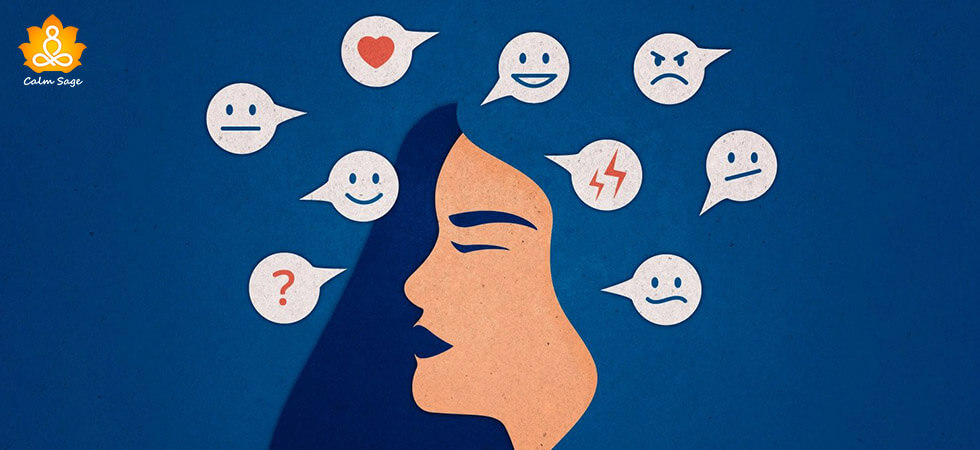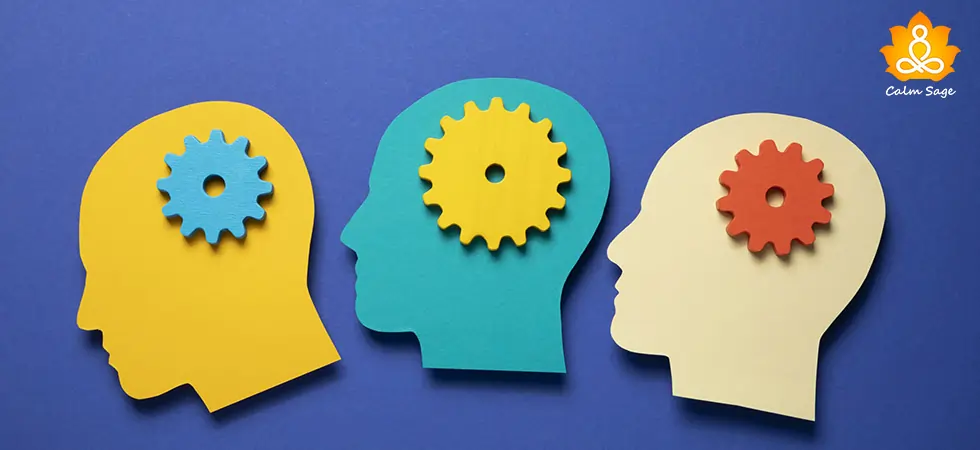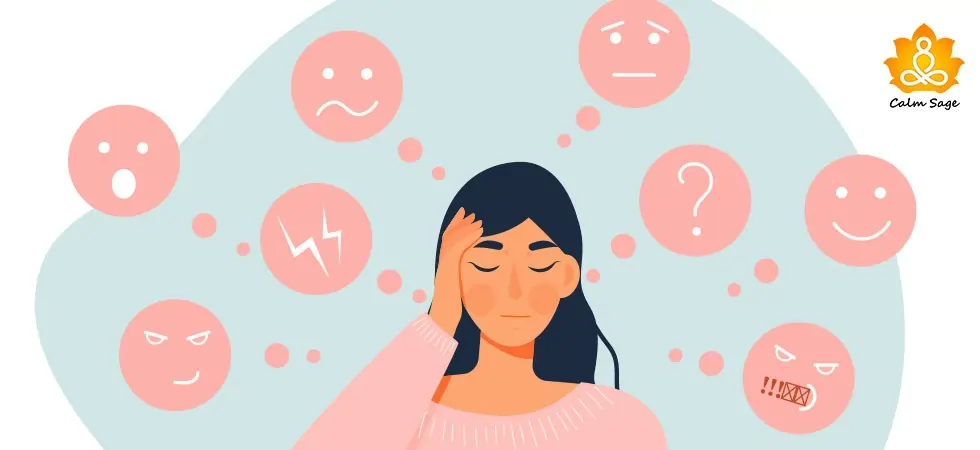Unipolar Mania: Definition, Symptoms, Causes, Treatment

Mania is described as a condition where there are periods of elevated mood, excitement, grandiosity, impulsivity, irritability, and exaggerated activity. Mania is one of the most prominent symptoms of bipolar disorder alongside depression.
These two main phases of bipolar disorder, mania & depression can occur in various forms and faces. You can experience bipolar disorder with depression being dominant or mania being dominant. In some cases, both depression and mania exist together in dominance and sometimes there is a unipolar presence of depression or mania.
There has been a lot of talk about all facets of bipolar disorder but unipolar mania is been left untouched. It can be because the condition is rare but it needs its due attention because the unawareness of unipolar mania can make it go unnoticed and hence untreated.
Today, we are going to talk all about unipolar mania, its symptoms, its cause, and how it can be treated. Shall we begin?
What Is Unipolar Mania?

Unipolar mania is a type of bipolar disorder that can be characterized by experiencing manic episodes along with episodes of your natural pace of mood but with the absence of any depressive symptoms. Having both manic and depressive symptoms is very common in bipolar disorder but in unipolar mania one experiences either mania or normal mood, there are no other symptoms.
Even though unipolar mania has not been given the status of a mental health condition, it has been accepted and addressed by mental health experts since the 1800s. Those people who have developed unipolar mania and show no symptoms of depression are typically given the diagnosis of Bipolar Disorder I.
Unipolar mania is a rare condition however the presence of the unipolar facet of bipolar disorder varies from 1% to 60% of people diagnosed with bipolar disorder. However, there have been different explanations for unipolar mania diagnosis.
Some studies state one episode of mania with no episodes of depression can be called unipolar mania. Some other studies say that one should have experienced at least 3 to 4 episodes of mania with no presence of depressive symptoms can be termed as unipolar mania.
Unipolar Mania: Symptoms
The signs and symptoms of unipolar mania are very similar to the basic symptoms of bipolar disorder. The only difference here is that all the depressive symptoms will be missing in unipolar mania. Let’s have a look at all the signs and symptoms of unipolar mania;
- Frequent fluctuations in levels of energy
- Indulgence in risky behaviors
- Frequent changes in thoughts and feelings
- Feelings of Grandiosity and increased self-esteem
- Problems in judging what is right and wrong
- Quick to react without thinking
- Heightened motivation
- Increase in psychomotor activity
- Psychosis (delusions and hallucinations)
- Racing thoughts
- Feel like you don’t need to sleep as much
- Speech problems
Unipolar mania makes people experience increased grandiosity and increased energy and enthusiasm. It is also observed that unipolar mania can make you less suicidal than people with other types of bipolar disorder. Along with that, they are less likely to have other coexisting anxiety disorders.

Causes of Unipolar Mania
The main cause of this mental health condition has not been discovered yet. The researchers are still studying unipolar disorder and have not been able to give an exact cause for unipolar mania. However, they do believe that some factors can influence the development of unipolar mania.
Let’s have a look at the risk factors that can contribute to the development of unipolar mania;
- Genetics: bipolar disorder is considered to be one of those conditions that can be carried through genes.
- Seasonality: just like seasonal affective disorders, symptoms of unipolar mania can be affected by exposure to natural light.
- Nutrition: according to research nutrition and your healthy lifestyle has a huge impact on your condition.
Unipolar Mania: Treatment
If you think you have developed unipolar mania symptoms or other symptoms of bipolar disorder, the first thing you do is visit a mental health professional. Once you’ve been given an appropriate diagnosis, you can sit with your therapist and choose a suitable treatment plan for your condition.
Depending on the severity of the condition your therapist might put you either on medications or advise you to take psychotherapy. In some cases, your mental health professional might advise you to take a combination of both medicines and therapy to speed up the recovery process.
Along with the treatment, there are a few things that you can do to manage the symptoms on your own such as;
- Be honest with your treatment and adhere to your therapist
- Keep a note of your symptoms and track them
- Focus on building a healthy lifestyle
- Be aware of your triggers
That’s All Folk!
I hope you found this blog about unipolar mania interesting, helpful and informative. Do share this blog with your friends and family so that unipolar mania doesn’t go unnoticed. Untreated unipolar mania can have negative consequences therefore, it’s better to know about such rare conditions.
Thanks for reading.
Take care and stay safe.




















